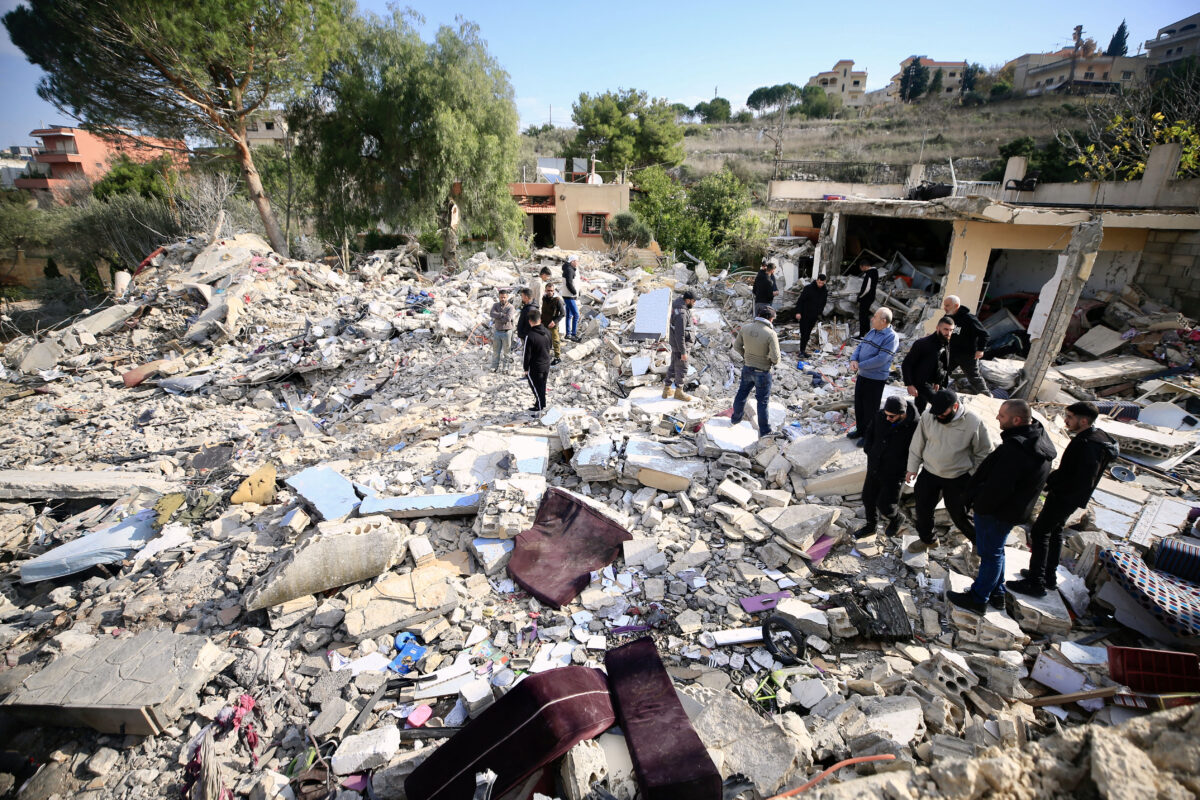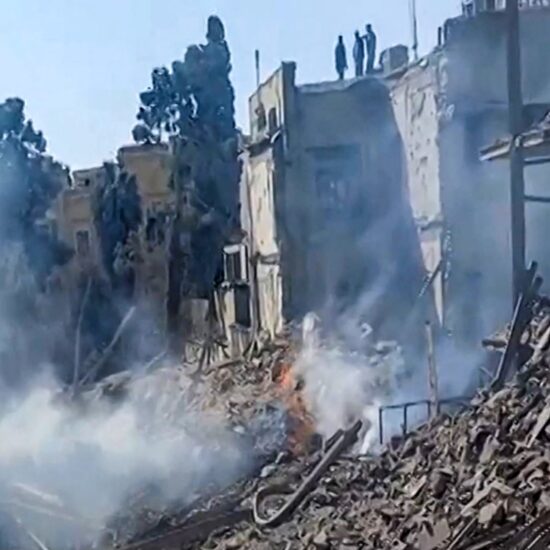
Navigating Festivity and Hardship: Lebanon's Contrasting Realms of Celebration and Struggle
In the heart of the Middle East, Lebanon emerges each year as a vibrant tableau of festive cheer. The streets of Beirut, Batroun, and other cities glisten with Christmas lights, while the air carries the melody of holiday songs, blending Eastern and Western traditions in a unique Lebanese symphony. This time of year, Lebanon’s cultural richness and diversity are on full display, drawing visitors from around the globe and reuniting families who carry the essence of their homeland across continents.
Yet, beneath this shimmering veneer lies a starkly different reality. Lebanon, a nation that has endured decades of political instability, economic turmoil, and infrastructural challenges, finds itself in a continuous struggle. The joyous reunions and celebrations occur in the shadow of a country grappling with uncertain electricity, roads that become impassable with the winter rains, and the ever-looming specter of regional conflict, most recently manifested in the tensions in the south with Israel.
The Harsh Realities
While the festive lights brighten the Lebanese skies, they often flicker and fade, a reminder of the infrastructural challenges that the nation faces. In Lebanon, the availability of electricity is not a given but a luxury, with power cuts being a routine part of daily life. The festive season often exacerbates this issue, as the demand for power surges, leaving many in the dark, both literally and metaphorically. This intermittent electricity is not just an inconvenience but a symbol of the deeper crises plaguing the country.
The arrival of winter rain, though a natural reoccurrence, brings with it another set of challenges. Lebanon’s roads, already strained by years of neglect, frequently flood, turning what should be joyful holiday trips into dangerous journeys. These flooded roads are more than just an infrastructural failure; they are a reflection of a nation struggling to provide basic amenities to its citizens. This reality starkly contrasts with the festive spirit, laying bare the resilience required to navigate daily life in Lebanon.
Beyond these day-to-day struggles, the shadow of political and security tensions looms large. The ongoing conflicts with Israel, particularly in the south, serve as a grim reminder of the nation’s position in regional politics. These tensions are not distant news stories for the Lebanese people but realities that shape their lives.
The Psychology of Compartmentalization
In the midst of Lebanon’s contrasting realities, the concept of compartmentalization emerges as a crucial coping mechanism. Compartmentalization, in psychological terms, refers to the subconscious process of separating different areas of life, allowing individuals to focus on one aspect without being overwhelmed by others. It’s akin to mentally putting various life experiences into different ‘boxes’, each independent and disconnected from the others.
For many in Lebanon, compartmentalization is not a choice but a necessity. The ability to separate the joy of the festive season from the hardships of daily life becomes a survival strategy. It allows individuals to immerse themselves in the warmth of family gatherings and cultural celebrations, while momentarily setting aside the struggles of power outages, economic instability, and political uncertainty.
However, this coping mechanism has its double edge. The concept of toxic positivity or nostalgia comes into play here, presenting relentless optimism as a potential pitfall. Toxic positivity refers to the excessive and ineffective overgeneralization of a happy, optimistic state across all situations. In the context of Lebanon, this could manifest as an unwavering focus on the festive and positive aspects of life, while denying or minimizing the real struggles and pain. Similarly, toxic nostalgia may see individuals glorifying the past or the idea of ‘the good old days’, potentially ignoring the present challenges and the need for change.
The Dangers of Ignoring Reality
While optimism and nostalgia can be healthy and natural responses to adversity, and can offer temporary relief, the danger lies in consistently ignoring the harsher realities of Lebanon’s situation. This habitual avoidance can have far-reaching consequences, both individually and collectively. Politically, this behavior can be particularly detrimental. It can lead to a lack of accountability and pressure on leadership, as the populace may downplay their role in demanding change.
The most significant danger of this coping mechanism is the potential to enter a cycle of complacency. By continuously compartmentalizing and focusing solely on the positive, more systemic issues remain unaddressed. This can perpetuate the very conditions that necessitate the use of these coping mechanisms in the first place, creating a self-sustaining loop of inaction and denial.
Breaking the Cycle
Breaking free from the cycle of denial and inaction requires a balanced approach that acknowledges both the joy of cultural celebrations and the pressing need to address Lebanon’s challenges.
The first step is fostering an environment where it’s acceptable to celebrate cultural richness while also critically engaging with current issues. This balance can be encouraged through media, education, and public discourse. Communities can also take a proactive role. Grassroots movements and local initiatives can bridge the gap between acknowledgment and action, channeling the spirit of communal resilience into tangible change. For example, community-led projects to improve local infrastructure or support vulnerable populations can create immediate impact while fostering a sense of empowerment and responsibility.
On a governmental level, there is a critical need for transparent, accountable leadership that actively addresses the nation’s challenges. The government can engage with the public to set realistic goals and timelines for reforms, ensuring that the populace is both informed and involved in the process.
The role of the Lebanese diaspora is pivotal and cannot be overstated. Their contribution, extending beyond mere economic aid to include technical expertise and global perspectives, is invaluable. Yet, it is essential that this support aligns with the true needs and aspirations of the Lebanese people to ensure it drives meaningful and sustainable change. Equally important is fostering a culture of realistic optimism. This approach involves acknowledging and celebrating positive aspects while remaining firmly rooted in reality and committed to finding solutions. Without this balanced perspective, the risk looms of commemorating the festive season in a country gradually losing its essence, year after year, until it bears little resemblance to the nation it once wanted to become.
Ramzi Abou Ismail is a political psychologist and researcher at the University of Kent.








